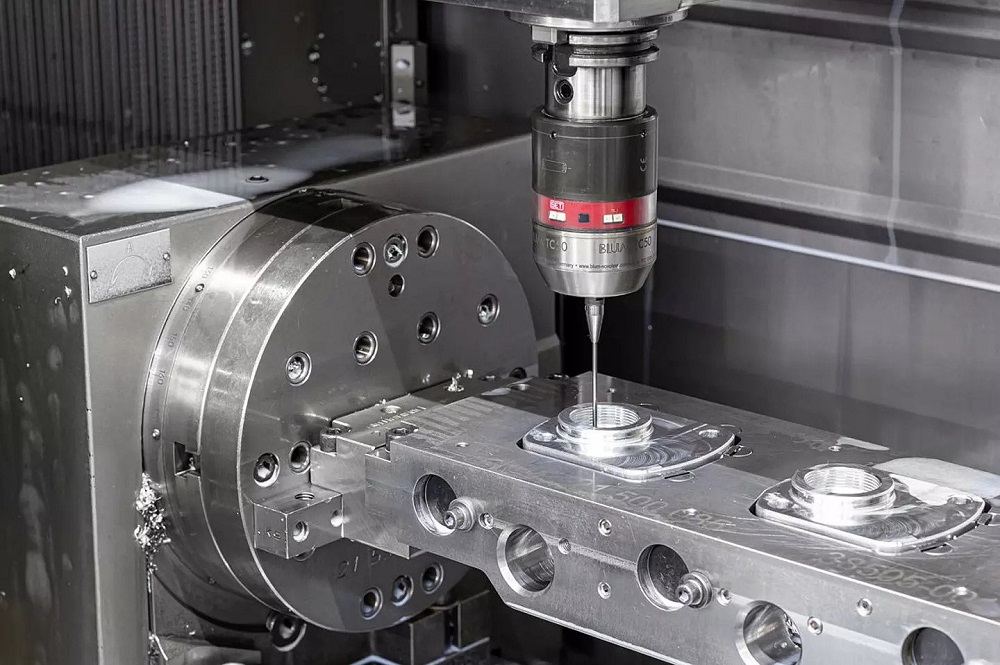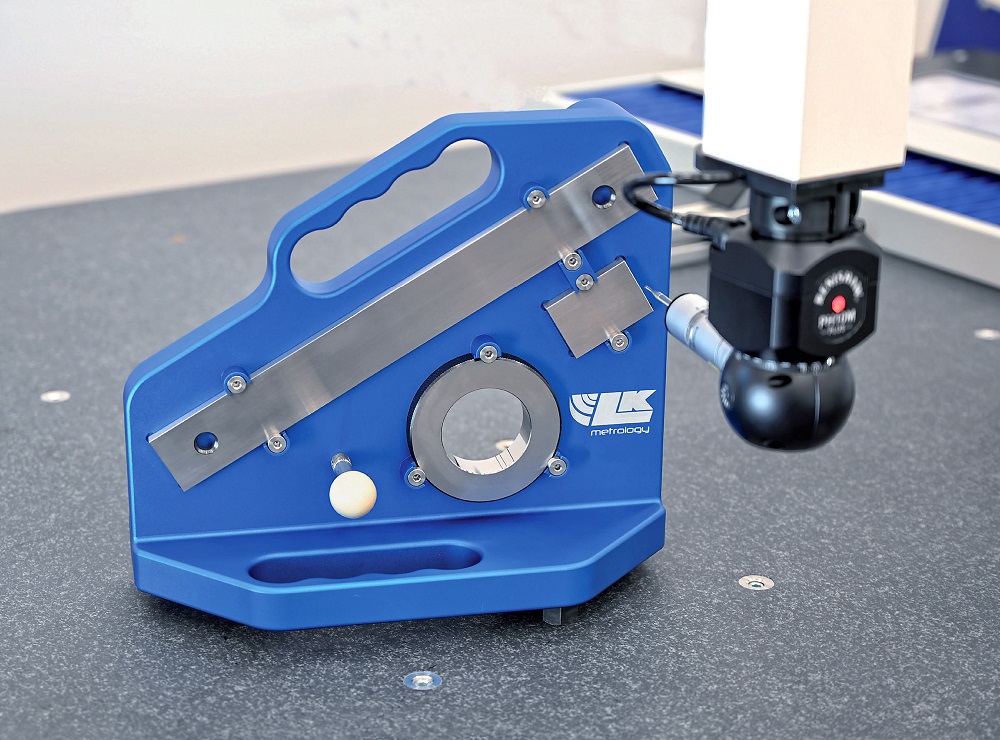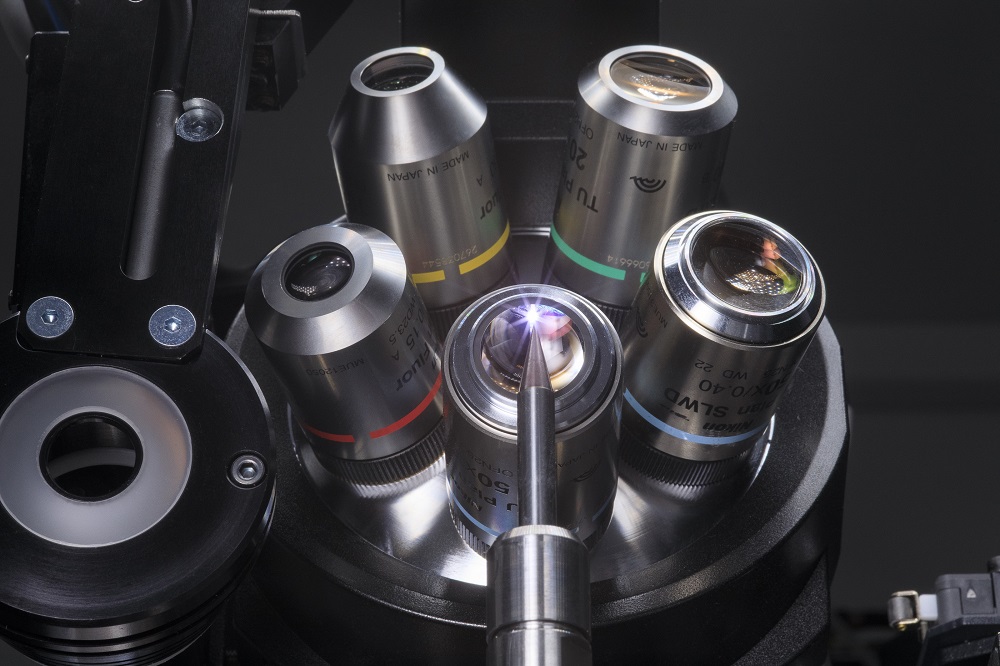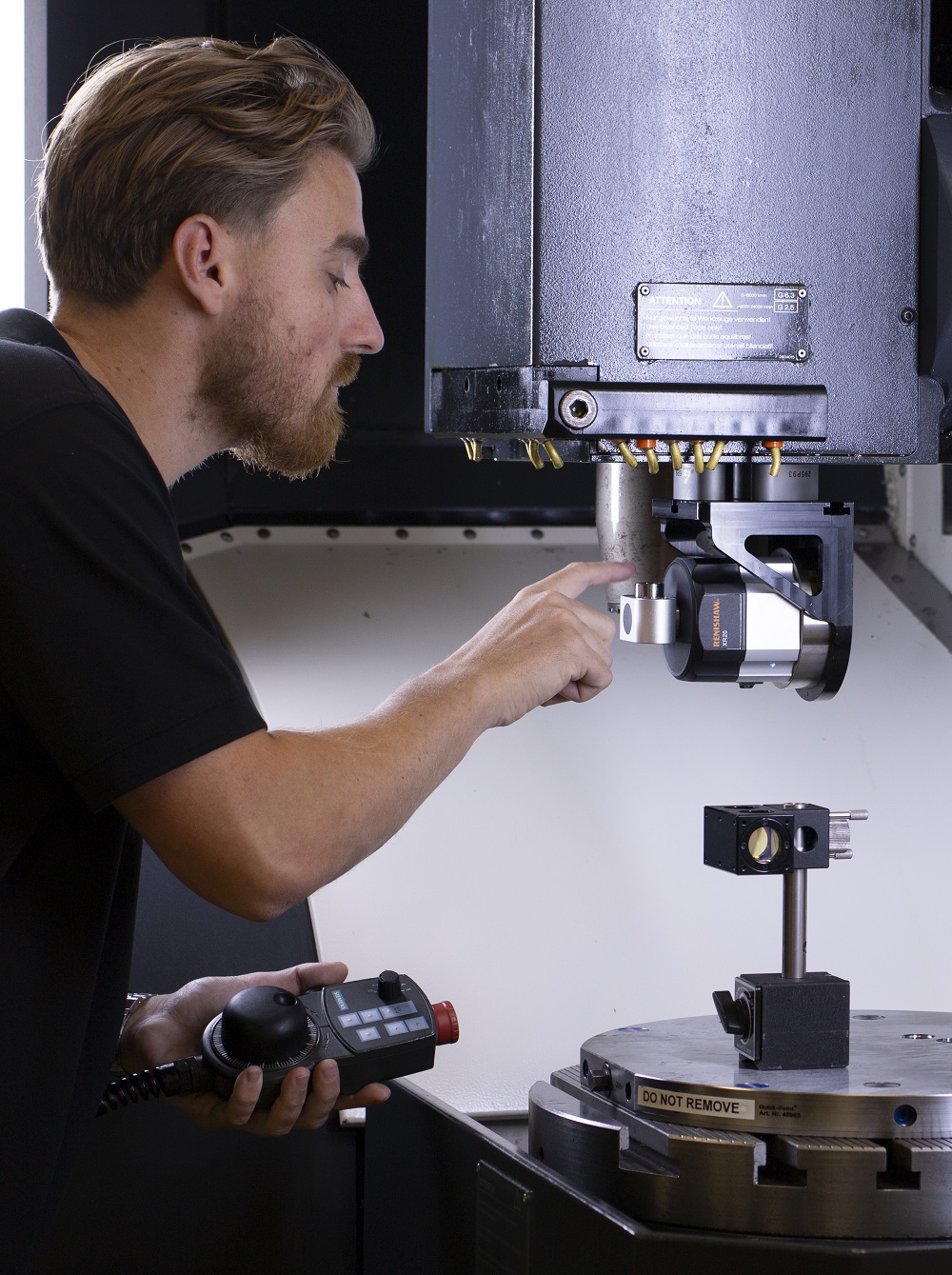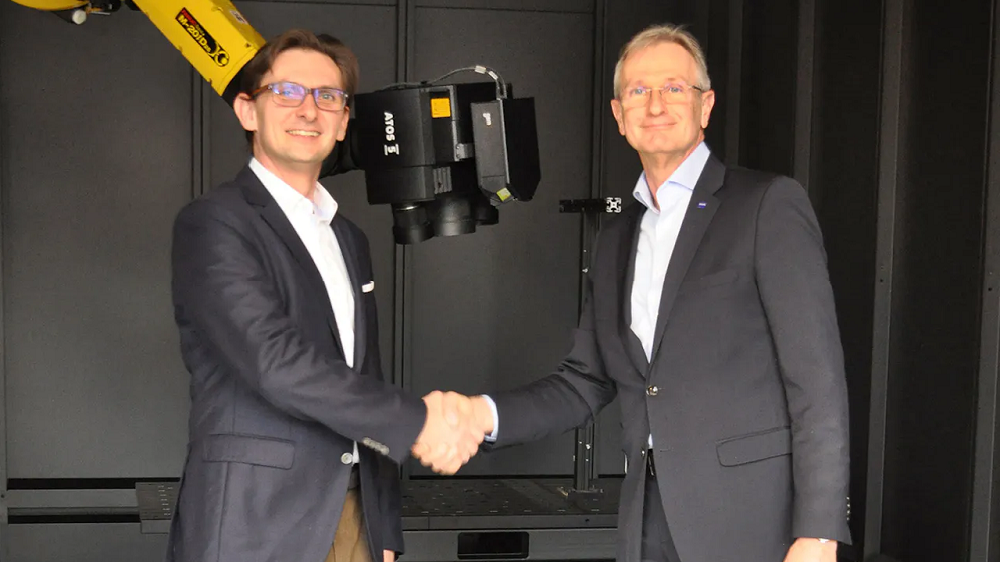Employing measuring systems in the working area of a CNC machining centre is still an unfamiliar idea for some quality experts. With its probes in use at German company Scherzinger Pumpen, Blum-Novotest is demonstrating that automated measurement not only works effectively in this harsh environment and in two-shift operation, but does so reliably and accurately over many years.
“Our core competencies in manufacturing are in milling, turning and grinding, as well as logistics and assembly,” reports Mario Maier, head of process planning at Scherzinger Pumps. “We machine metal as well as plastic and, in so doing, achieve a high level of quality and reliably tight manufacturing tolerances. Blum touch probes and laser light barriers, which we use in many machining centres, help us to accomplish that. The probes have an astonishingly long service life.”
At Scherzinger, the Blum TC50 infrared probes primarily find use for measuring bores and for workpiece zero-point detection. The company machines housings for brine pumps, for example, from two sides by rotating the clamped components in the machine tool. As a point of note, the drive is located on one side, while the two gear wheels of the actual pump are located on the other side. Scherzingermachines the through-hole of the drive axis from the drive side in the first set-up. After finishing one side – there are five housings per set-up – the housings swivel by 180°to allow machining of the pump side.
To ensure that the two machining operations align precisely with each other, the probe (mounted in the machine spindle) measures the position of the through-hole on all five housings after swivelling. The measured positions are then taken into account during the second machining operation so that, for example, the threaded holes for the cover can be precisely aligned, drilled and cut.
For further information www.blum-novotest.com






